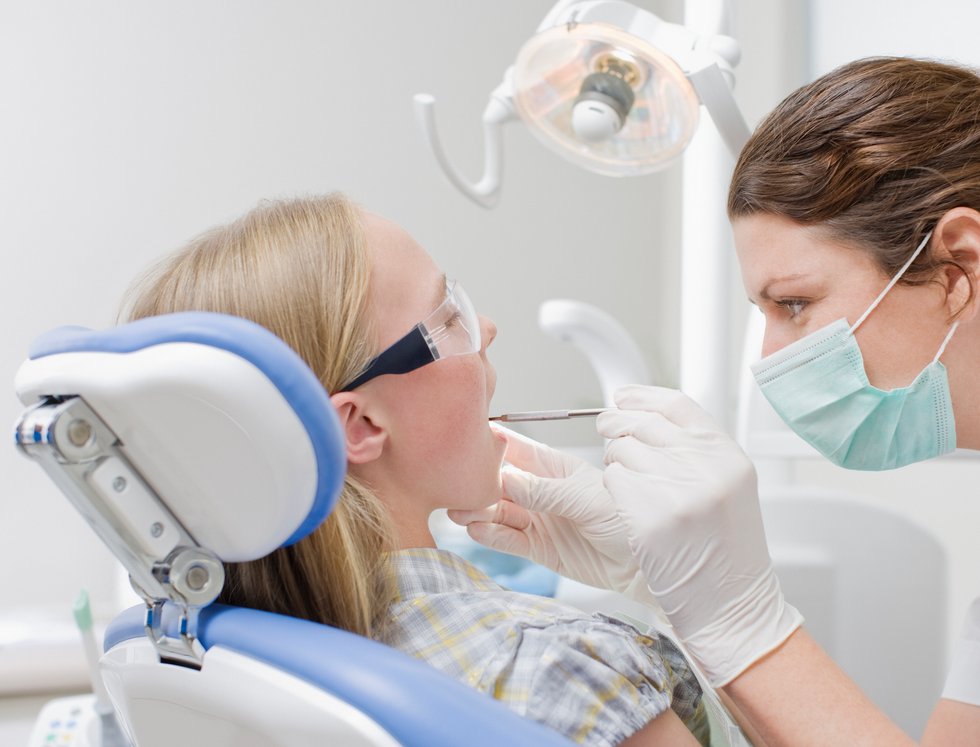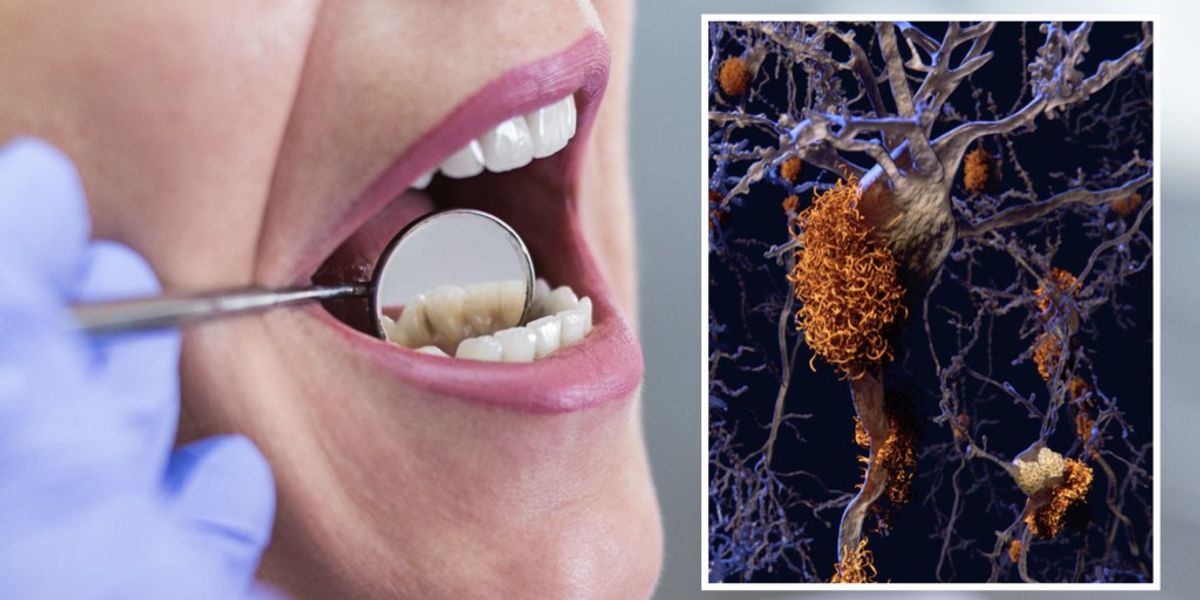Misplacing house keys takes on a new meaning as we get older but memory loss is not always the first sign of Alzheimer’s disease.
Speaking exclusively to GB News, a dentist has revealed how a patient’s oral health can spell the onset of the degenerative disease too.
“Some initial signs of an Alzheimer’s patient will be a mouth that is poorly taken care of,” warned Doctor Smita, Principal Dentist at The Neem Tree Dental Practice.
“Usually – but not always – this will be an elderly patient who is seemingly neglecting their oral care.”
Signs of neglect include large deposits of plaque and calculus, and swollen or bleeding gums with cavities
Getty Images
Indeed, it is quite common for people with dementia to forget about personal care and hygiene.
The Centers for Disease Control and Prevention (CDC) ranks it in the top 10 early warning signs of Alzheimer’s.
Signs of neglect in poor oral health include the build-up of large deposits of plaque and calculus, and swollen or bleeding gums with cavities, warns Doctor Smita.
She added: “These will be either visible to us as dentists, or evident from the patient complaining of pain upon touching or blowing air onto teeth.”
As the dentist rightly points out, when it comes to Alzheimer’s, the overall presentation of the patient is key.
“Simply put, these are the signs of neglect. As dentists, we wouldn’t be isolating and identifying bacteria i.e. Porphyromonas gingivalis which have been linked with this disease. We would leave that to the Scientists.”
What does current research say about this connection?
One of the biggest links between periodontal disease and Alzheimer’s patients is the evidence of a particular type of bacteria found in oral cavities – Porphyromonas gingivalis.
Some studies indicate that this specific type of bacteria is linked to patients who suffer from Alzheimer’s, as well as rheumatoid arthritis.

A bacteria found in oral cavities has been linked to Alzheimer’s
Getty Images
Many UK dental practices don’t typically rely on amalgam fillings anymore, and instead use mercury-free alternatives, such as ceramics or composite fillings.
What’s more, some European countries, such as France, Sweden, Norway, and Denmark, have either banned or restricted the use of mercury fillings over the past two decades.
What should people do to best protect themselves from the potential health impacts of this connection?
Prevention is key when it comes to reducing the chance of the Porphyromonas gingivalis bacteria growing within oral cavities.
“Patients should regularly see their dentists for check-ups and hygiene visits, to stay on top of treatments and avoid any worsening of the condition by reducing the bacterial count,” advised Doctor Smita.
For Alzheimer’s patients in more developed stages of the disease, a chaperone or family member should be present in the room during any dental appointments or check-ups in order to understand how to help with oral care maintenance at home, and communicate any dental issues or symptoms they may have witnessed the patient suffering with, she says.
“They should also make sure that they are scheduling regular future appointments for the patient with their dentist, and ask to receive reminders via email or text message so that none are forgotten.”

Sarah Carter is a health and wellness expert residing in the UK. With a background in healthcare, she offers evidence-based advice on fitness, nutrition, and mental well-being, promoting healthier living for readers.








